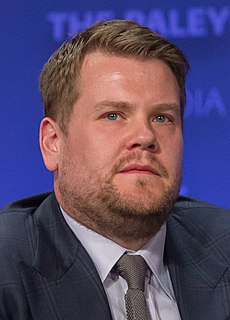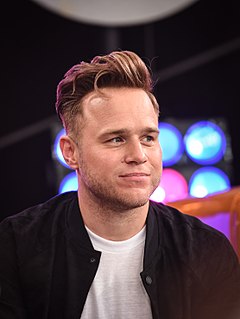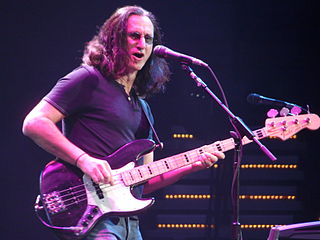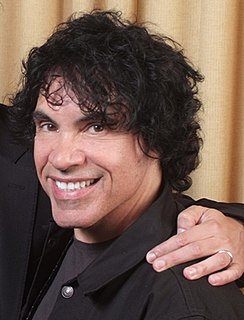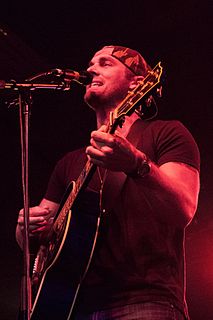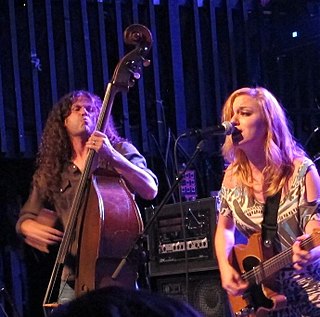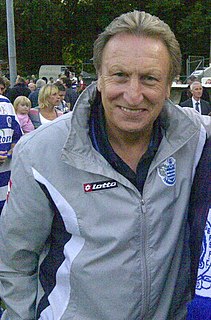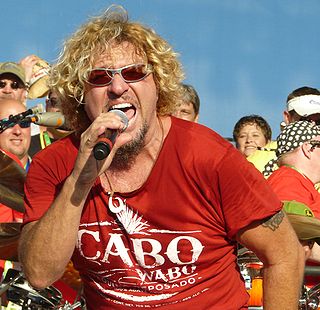A Quote by James Corden
You used to have to come to America for 18 months and drive around in a van, trying to get radio stations to play your song. But I remember One Direction's manager telling me that the first time they came to America, they hadn't released a song - they'd only been on 'The X Factor.' But there were 2,000 fans waiting at LAX airport.
Related Quotes
I know that there are going to be people that don't like my music, but I think in the industry itself it is always that, 'Oh. you're from the 'X Factor.' There have been certain radio stations that will not play your song because you are from the 'X Factor,' yet they'll play another song from an artist from another TV show.
The power of a label and radio and a booking agency and all that - you never know until you experience it the first time, but being able to have a song on radio, but then go play a show for people that have heard the song on radio, and having it sung back to you, is - I don't know how to describe it.
Before music videos first came out, you’d listen to a song with headphones on, sitting in a beanbag chair with your eyes closed, and you’d come up with your own visions, these things that came from within. Then all of a sudden, sometimes even the very first time you heard a song, it was with these visual images attached, and it robbed you of any form of self-expression.
I wrote 'Turn Your Radio On' in 1937, and it was published in 1938. At this time radio was relatively new to the rural people, especially gospel music programs. I had become alert to the necessity of creating song titles, themes, and plots, and frequently people would call me and say, 'Turn your radio on, Albert, they're singing one of your songs on such-and-such a station.' It finally dawned on me to use their quote, 'Turn your radio on,' as a theme for a religious originated song, and this was the beginning of 'Turn Your Radio On' as we know it.
